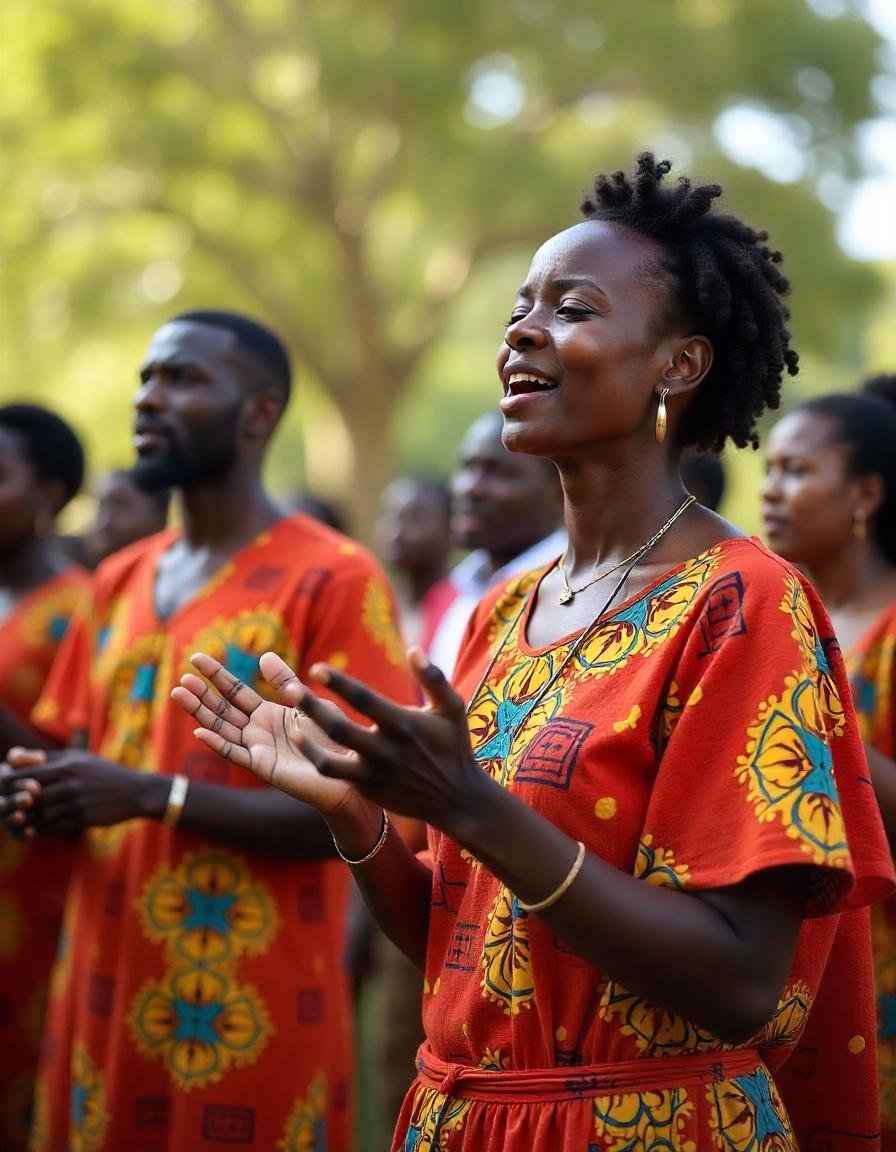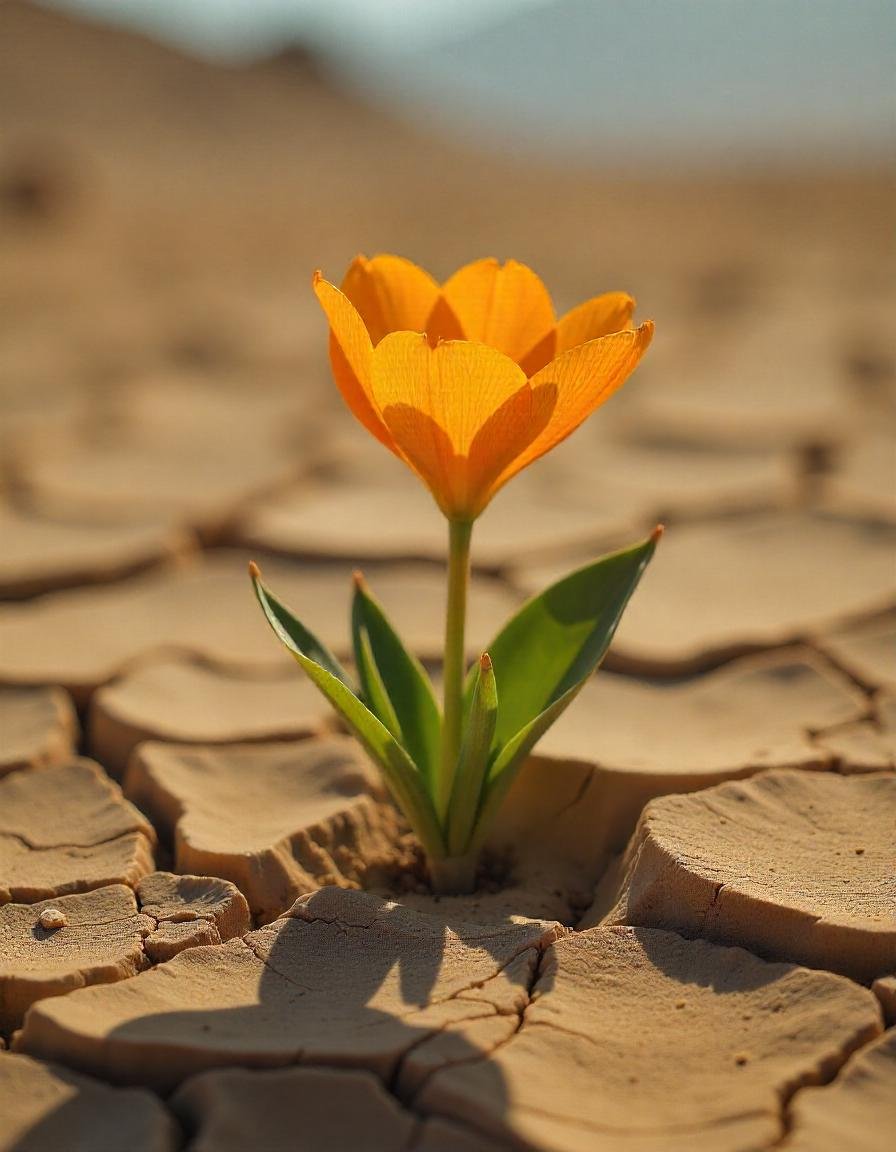Freedom from Pain isn’t always Bliss
Written by: Rev. Dr. Scott Paczkowski
“We are afflicted in every way, but not crushed; perplexed, but not driven to despair; persecuted, but not forsaken; struck down, but not destroyed. ”
As I’ve mentioned before, I am reading Walter Isaacson’s influential book, The Code Breaker. The story is about scientists, including Dr. Jennifer Doudna, whose remarkable work provides the opportunity for gene splicing, which can enhance human offspring. Parents are already able to determine whether their unborn child is predisposed to Downs Syndrome, for example. Two-thirds of parents who find out decide not to keep their unborn child. A world without individuals with Downs Syndrome would be a sad place indeed. Those with Downs Syndrome are warm and caring. They bring unbridled joy to life. Through the years, I’ve had several Downs Syndrome friends, including a dear friend who attended our wedding. I have such love and respect for those special people.
As science continues to advance, our capabilities are quickly increasing. Dr. Doudna is also concerned about the ethical dilemmas in her work. She is deeply concerned that her work already can “fix” psychological and physical disorders while the new life is still in the embryo. “But eventually, we may isolate genes that contribute to a predisposition to schizophrenia, bipolar disorder, severe depression, and other mental challenges.” These challenges are painful, and I would not wish them on anyone. Yet, our world will suffer without the strength, determination, and creativity provided by individuals who endure these tribulations. Walter Isaacson reminds us, “Vincent van Gogh had either schizophrenia or bipolar disorder. So did the mathematician John Nash.” “People with bipolar disorder include Earnest Hemingway, Mariah Carey, Francis Ford Coppola, Carrie Fisher, Graham Greene, Julian Huxley (the eugenicist), Gustav Mahler, Lou Reed, Franz Schubert, Sylvia Plath, Edgar Allan Poe, Jane Pauley, and hundreds of other artists and creators.”
This entire course of ethical review has left her and others to question, “What is the aim or purpose of life? Is it happiness? Contentment? Lack of pain or bad moods?” “It would make us always feel blissful. Would that be desirable?” When I speak with people at the end of their lives, often it is not the blissful stories that are shared. No, most of the time, it is in the pain, challenges, and hurdles proudly endured and overcome. Life’s challenges are what bind us together and require us to rely on God.
Perhaps the greatest danger of genetic re-engineering is that life will become too easy. In many ways, we’ve made life so comfortable we believe we no longer need God. As I look back on my own life, some of my most significant “handicaps” have ended up being my greatest blessings. If not for the birth defects in my lower back that caused a short period of paralysis, I probably would not have had the determination to stick with all the required study necessary to become a minister. I’ve come to see my physical challenges as a gift, leading me to my lifelong call as a minister. Prayerfully consider your challenges in life, and thank God for guiding you through them, now and in the future.










